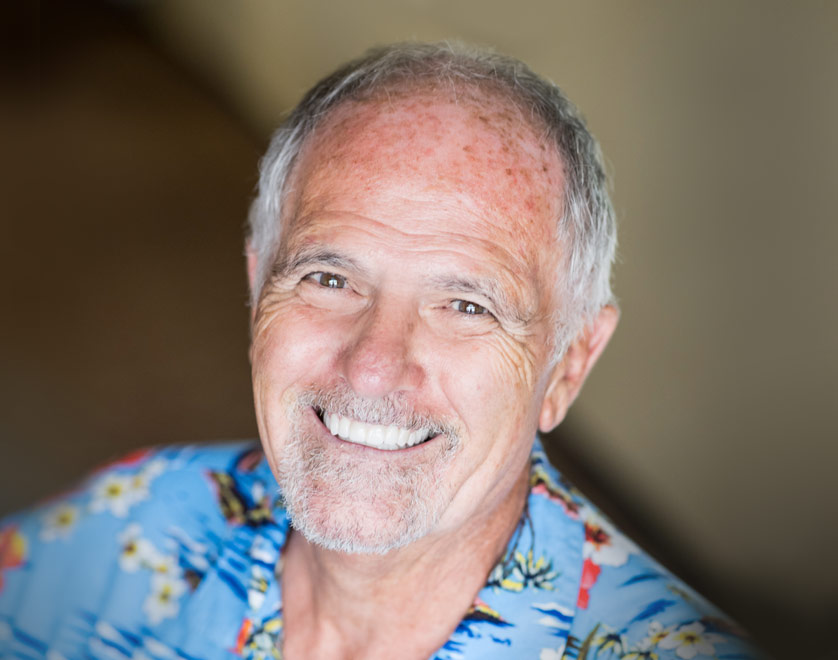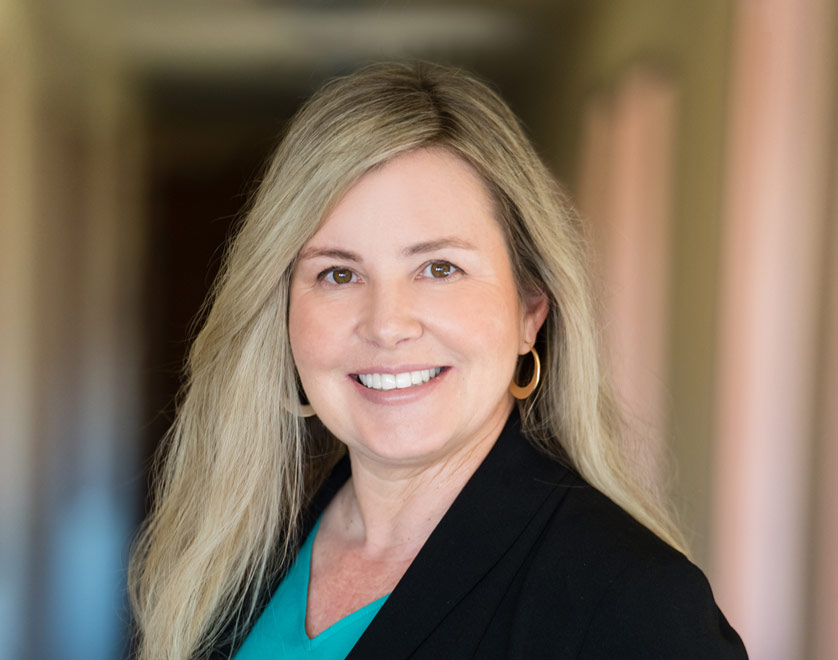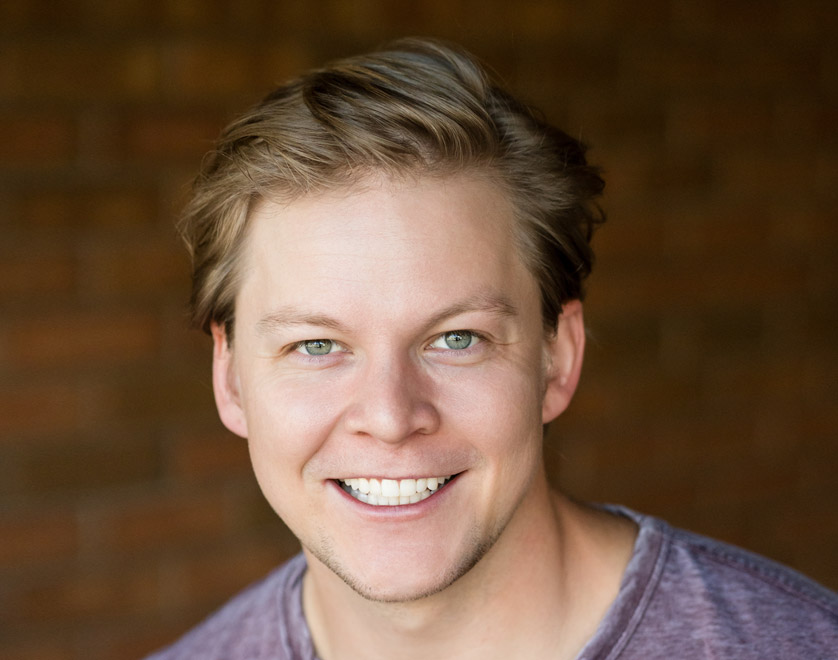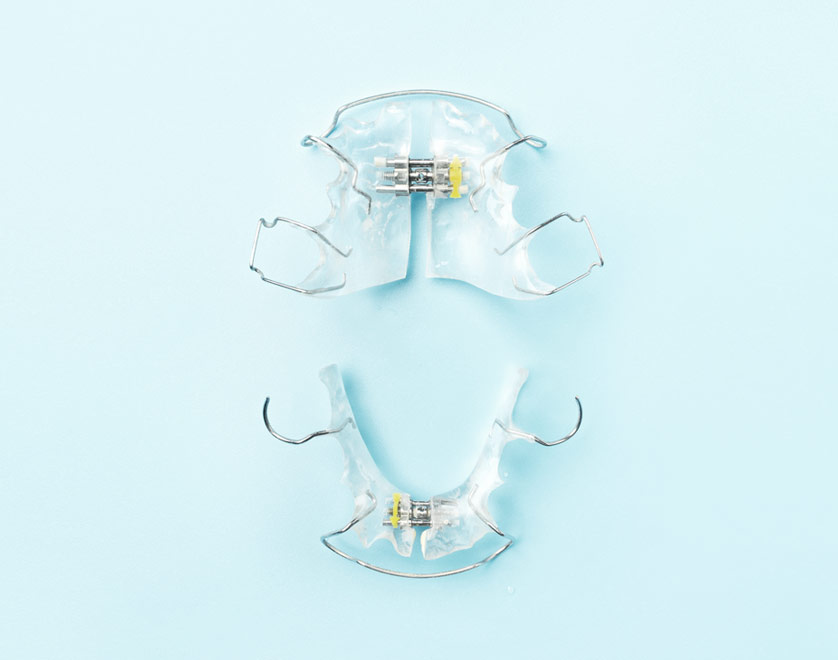Traditional dentistry often treats symptoms without considering the root cause. Neuromuscular dentistry at Incredible Smiles, as practiced by Dr. Priya Uppal, an expert in this field, takes a different approach. It focuses on the intricate relationship between your facial occlusion (bite), jaw muscles, and nervous system. This holistic perspective allows Dr. Uppal to identify imbalances that contribute to TMJ disorders. By addressing these imbalances, neuromuscular dentistry can not only alleviate common symptoms like jaw pain, headaches, and difficulty chewing, but also potentially improve conditions like tinnitus (ringing in the ears), tingling fingers, and even back pain. Dr. Uppal provides personalized care that addresses these underlying issues, helping guests achieve lasting relief and improved overall well-being.
TMJ Treatment: Restoring Balance with Neuromuscular Dentistry
We take a holistic approach to TMJ treatment for optimal health, functionality, and lasting pain relief
Physiologic dentistry addresses the delicate balance and harmony between your jaw’s joints, muscles, and nerves. This approach can treat symptoms often associated with TMJ disorders. We employ advanced diagnostic tools and treatment methods to address complex dental issues.
Full mouth reconstruction is a wonderful way to treat TMJ symptoms without the use of a removable or fixed orthotic. Every tooth is addressed and restored to the ideal length and position for optimal occlusion. Full mouth reconstruction is ideally suited for anyone with old fillings and dentistry.
Bite optimization is the proper alignment and contact of your upper and lower teeth when you bite down. It’s important that your teeth and jaws work together in harmony and distribute bite force evenly to avoid potential dental problems.
Botox offers guests a safe, efficient, and minimally invasive method to address overactive muscles in the face and jaw from bruxism. Dr. Priya Uppal has earned her reputation for delivering outstanding dental results with Botox for clenching and teeth grinding.
Expansive orthotics can address TMJ symptoms via a removable or a fixed appliance. As a TMJ dentist, Dr. Uppal has found that the fixed appliance has better results because it has 100% compliance. If you experience TMJ pain or TMJ symptoms come see us as your neuromuscular dentist.
TMJ & Neuromuscular Dentistry FAQs
The TMJ or Temperomandibular Joint is the “hinge” that functions when the jaw opens and closes. There are many theories and practices for treating TMJ pain. Every TMJ dentist will have his or her own theory on TMJ treatment. People will often report neck and upper back pain, headaches, sore muscles, and even migraines. Neuromuscular dentistry practices under the premise that when the teeth are shortened (either by wear, grinding, old age, clenching, or even the cumulative effects of large amounts of dentistry) then the jaw over-closes causing stress and pressure in the TMJ. By restoring the vertical dimension to the teeth or by positioning a carefully fitted orthotic optimal health and function is restored to the TMJ. Many people suffering from TMJ pain have found relief using the techniques and theories of neuromuscular dentistry.
Anyone can experience physiologic problems usually known as TMJ pain. Typically, those who were born with poor jaw position or improper bite (malocclusion) begin to experience problems in their teens. Others who have had a history of teeth grinding may begin to have symptoms in their mid-40s or even earlier. Problems that can be addressed with physiologic dentistry include broken or missing teeth, as well as old, decaying dentistry, and TMJ pain. When there is an imbalance in the muscles that open and close the jaw and/or bite then tension is created causing pain.
Myotronics is a computerized process that helps determine the proper relationship between the upper and lower teeth for each individual. During this phase of treatment, the jaw muscles are relaxed by “tensing,” a technique often used by physical therapists to relax muscle spasms. Muscle tension is monitored on a computer via special sensors that read muscle impulses to determine when full relaxation has occurred. This process helps to determine where the individual teeth should be restored so that they are comfortable. When the teeth are functioning in the correct bite position, the muscles and soft tissue around the head and neck remain relaxed.
Full Mouth Reconstruction is the individual restructuring of each and every tooth. The goal of Full Mouth Restoration is to restore ideal occlusion (bite), therefore alleviating tension or pain from TMJ (temporomandibular joint or jaw joint) problems. Neuromuscular dentistry is a practice founded on the belief that a healthy smile begins with healthy function. This method of TMJ treatment determines the optimal physiological position of the jaw by measuring the relaxed position of head and neck muscles and then repositions the jaw to achieve those exact measurements.
A night guard alleviates the majority of TMJ pain. The night guard (or orthotic) can be worn only at night, however, in some instances, our guests receive so much relief they prefer to wear it during the daytime as well. This oral appliance can be fitted by simply taking impressions and having our lab create your custom-fitting appliance.




